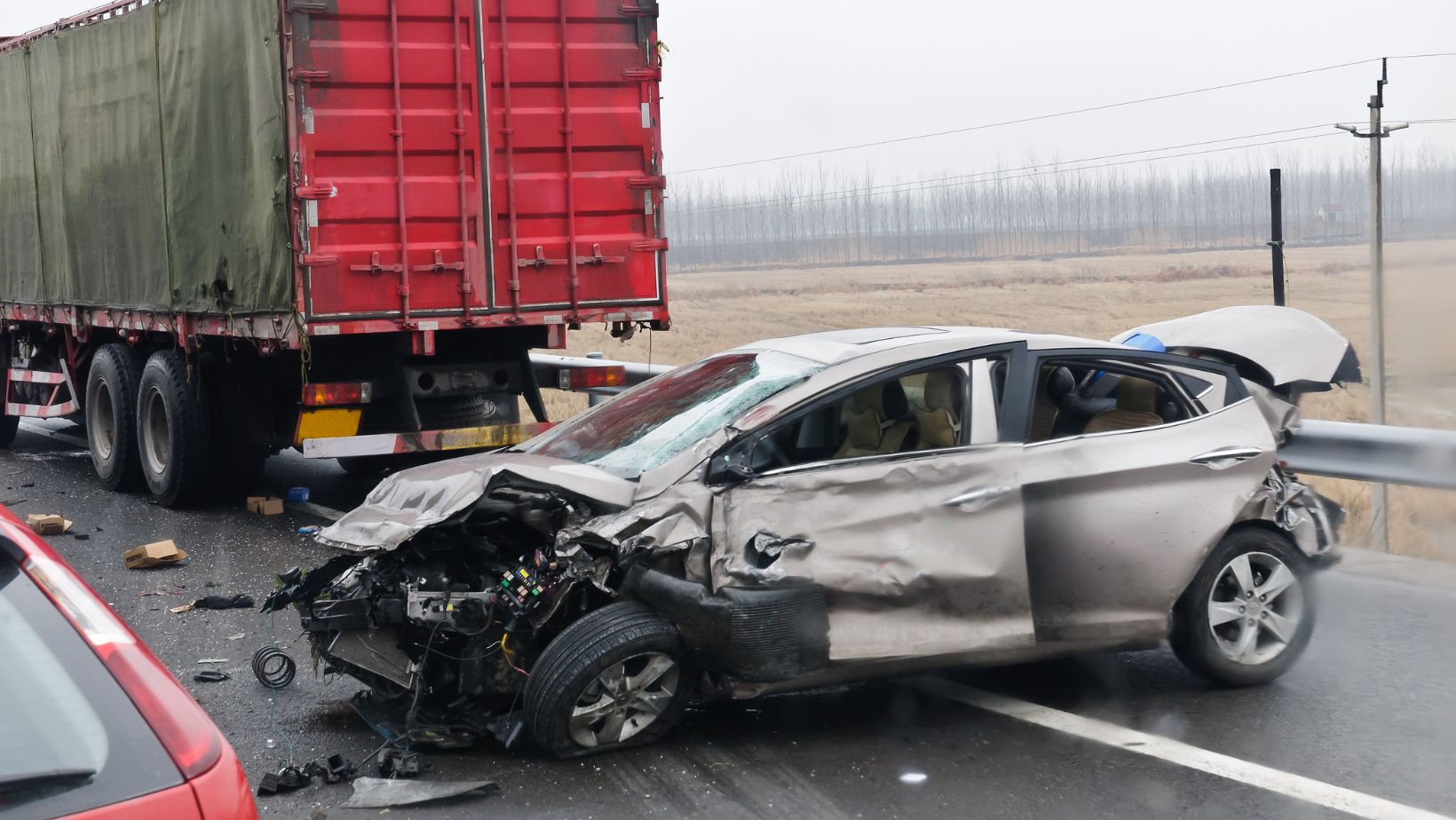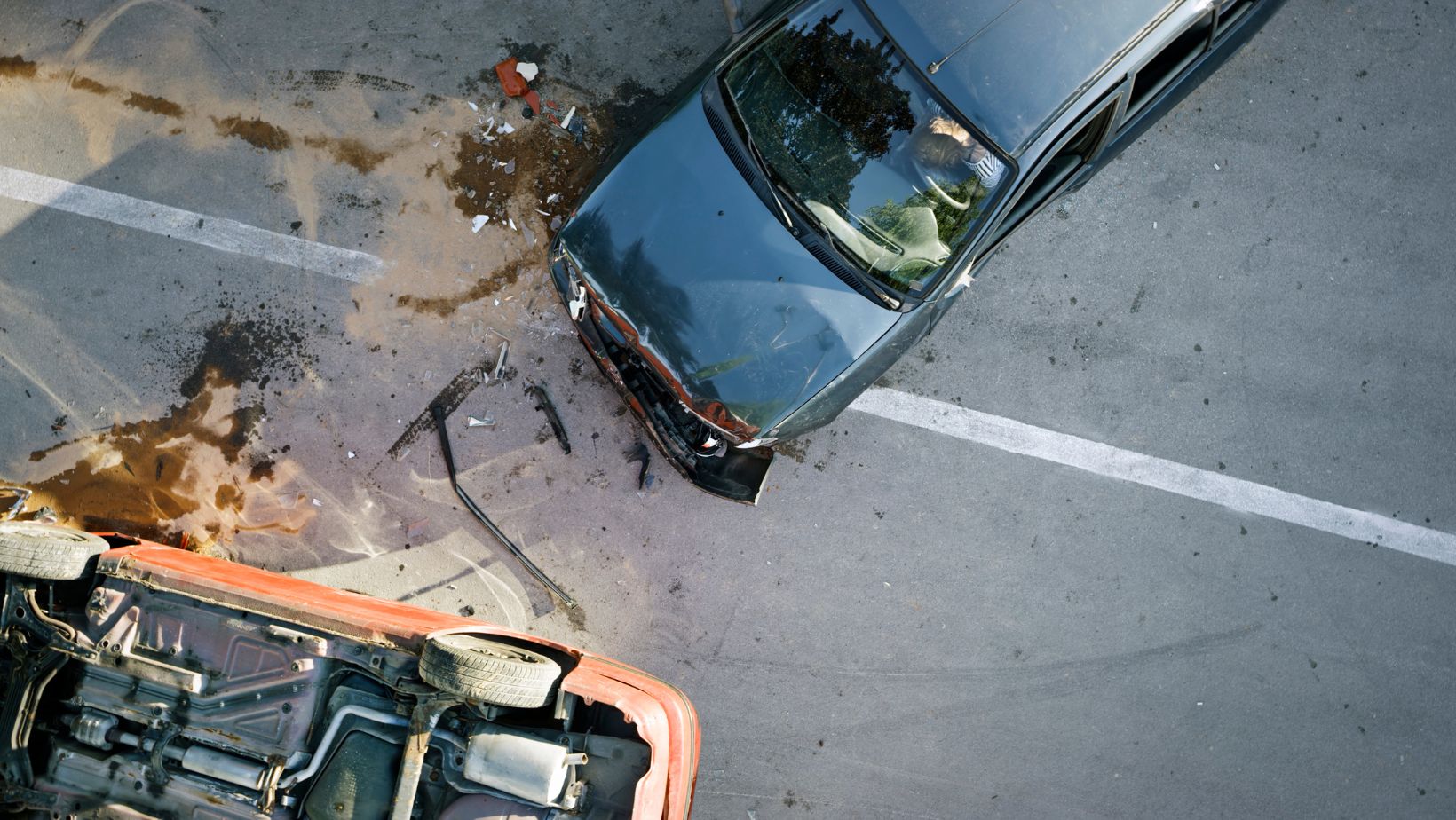
Tow trucks and garbage trucks are large, heavy, and often operate in tight spaces or high-traffic areas. When they collide with a passenger vehicle, the results can be devastating. Due to their size, poor visibility, and frequent stops or turns, these vehicles pose unique risks to other drivers on Missouri roads. If you’ve been injured in such a crash, your legal options might be broader than you realize—but they also come with specific challenges.
Filing a personal injury claim after being hit by a commercial service vehicle isn’t as simple as it might seem. The trucks may be owned by private companies or government entities, and liability can be disputed between drivers, employers, and insurers. Understanding who is responsible—and how to hold them accountable—requires a careful approach, especially when serious injuries are involved. The Drafahl Law Firm truck wreck lawyers can help victims navigate these claims, uncover liability, and fight for full compensation.
Tow and Garbage Trucks Pose Unique Safety Risks
Tow trucks and garbage trucks often stop suddenly, block traffic, or operate in narrow lanes. Garbage trucks make frequent starts and stops and may reverse without warning, while tow trucks handle stalled vehicles and wreckage in high-risk zones. These behaviors, though part of the job, increase the chance of collisions with unsuspecting drivers or pedestrians.
Because of their bulky design and limited visibility, drivers of these trucks must be exceptionally cautious. When they fail to follow safety protocols—such as using spotters, activating hazard lights, or checking blind spots—the consequences can be catastrophic. Proving negligence starts with understanding how these vehicles are supposed to operate and whether those standards were met.
Determining Who’s Liable in a Crash
In many cases, the truck driver is not the only person who can be held responsible for a crash. Liability may also fall on the company that owns or operates the vehicle, particularly if they failed to properly train the driver, pushed them to rush routes, or neglected maintenance. In some instances, the truck may even be operated by a government entity, such as a municipal sanitation department.
Determining liability requires a detailed review of employment status, truck ownership, maintenance records, and crash reports. Your attorney will dig into these details to identify all potential sources of compensation. This broad approach is especially important when injuries are severe and damages exceed a single insurance policy limit.
Claims Involving Government-Owned Trucks Are More Complicated
If the truck that hit you was operated by a city, county, or state agency, like a municipal garbage service, special legal rules may apply. Missouri law requires that injury claims against public entities be filed under strict deadlines, sometimes as short as 90 days after the accident.

In these cases, you may need to submit a formal notice of claim before you can even file a lawsuit. Failure to meet these deadlines can jeopardize your entire case. An experienced lawyer can help ensure all procedural requirements are met and that your claim is directed to the correct agency or department.
Common Causes of Tow and Garbage Truck Accidents
Tow trucks and garbage trucks often operate in tight spaces and on narrow streets, which puts them at risk for accidents. Identifying the cause of these accidents is crucial for determining liability and seeking compensation.
Frequent causes of these accidents include:
- Improper reversing, especially without spotters or functioning backup cameras
- Distracted driving, such as using a phone or multitasking while operating the vehicle
- Mechanical failure, including brake issues or hydraulic system malfunctions
- Poor maneuvering in confined spaces, such as alleyways or crowded streets
- Time pressure, leading to rushed or risky driving behavior
- Unmarked hazards, like low-hanging wires or uneven pavement
- Defective warning systems, such as malfunctioning lights or alarms
- Limited visibility, with large blind spots increases the risk to pedestrians and smaller vehicles
- Inadequate driver training, resulting in improper handling or safety oversights
- Equipment malfunction, which may point to lapses in maintenance or faulty parts
Injuries Tend to Be More Severe
Tow and garbage trucks are heavy, so even a slow crash can cause serious injuries. Victims may end up with broken bones, internal bleeding, spinal cord injuries, or traumatic brain injuries. Recovering from these injuries often requires a lot of medical treatment, rehab, and long-term care.
Insurance companies often underestimate how serious these injuries can be, especially when they only look at initial emergency room reports. A complete legal claim should include information about long-term recovery, future medical costs, and lost income. Victims deserve compensation that pays not just for their current bills but also for the full cost of their recovery.
Preserving Evidence Is Critical
In truck accident cases, much of the evidence you need will be in the possession of the company or government agency responsible for the vehicle. This includes maintenance records, driver logs, GPS data, and internal accident reports. If the truck was equipped with a camera system or onboard recorder, that footage could be pivotal.
Because some entities only keep records for a limited time, acting quickly is essential. Your lawyer can send a preservation letter to ensure important evidence isn’t deleted or altered. Without this documentation, proving negligence becomes significantly harder.
Multiple Insurance Policies May Be Involved
Tow trucks and garbage trucks are often covered under large commercial insurance policies, but those policies can vary depending on whether the vehicle is privately or publicly owned. In cases where multiple entities are involved, such as a subcontractor working for a city sanitation department, there may be more than one insurer to pursue.

Understanding these insurance layers is key to recovering full compensation. A seasoned attorney can identify all relevant policies and negotiate with each carrier. In cases involving catastrophic injury, this approach can dramatically increase the available recovery.
Legal Support Makes the Difference
Truck crash claims involving tow or garbage trucks require a high level of legal insight and investigative effort. Without experienced representation, victims often settle for less than they deserve—or miss critical filing deadlines altogether. The process can be overwhelming, especially when you’re trying to heal.
The Drafahl Law Firm truck wreck lawyers have the resources and experience to take on tough opponents, from municipal agencies to national service providers. They understand the intricacies of commercial vehicle law and will fight to ensure your claim reflects the true cost of what you’ve endured. If you’ve been hurt by a service truck, don’t wait—get the help you need to hold the right parties accountable.







